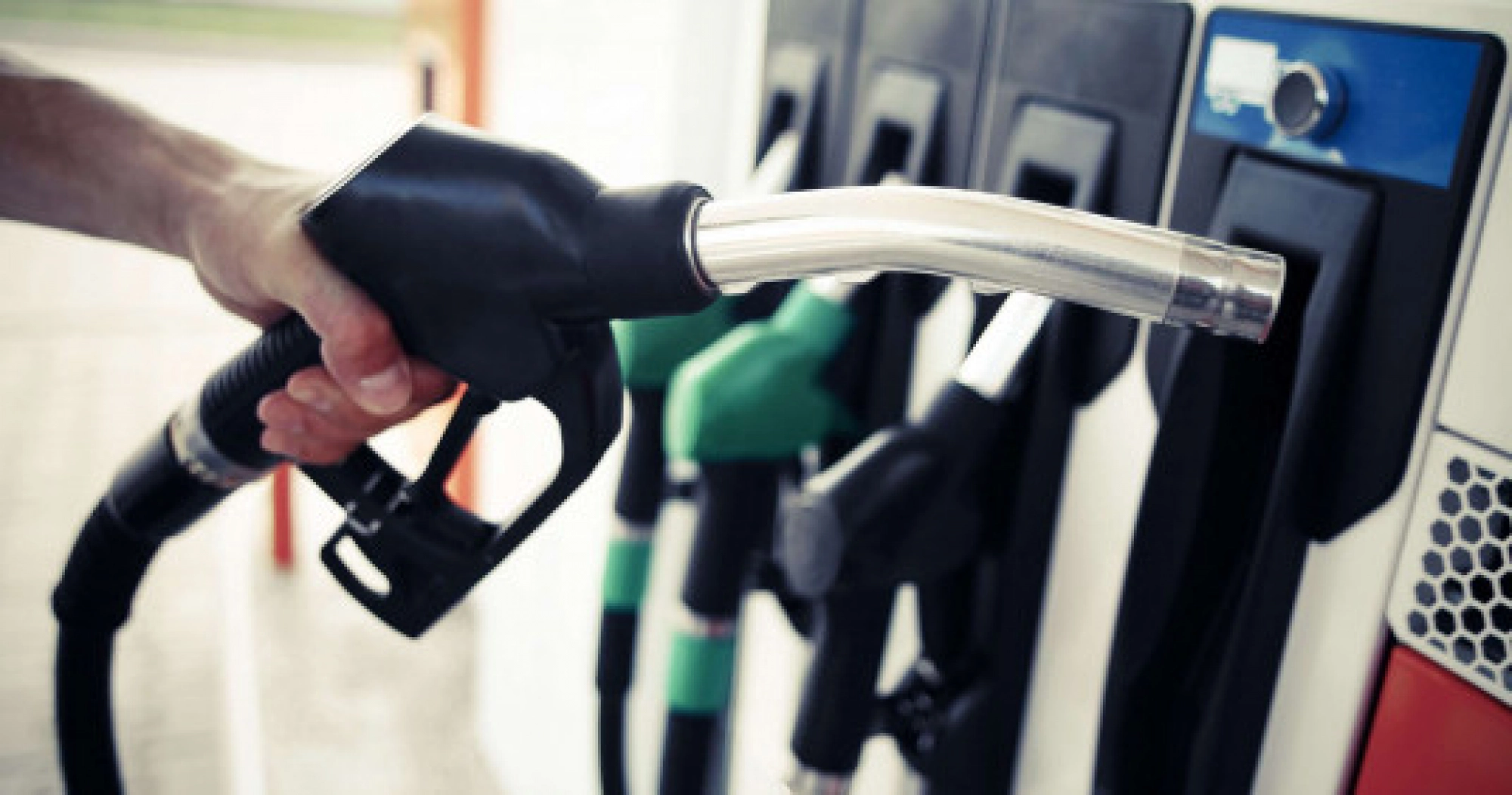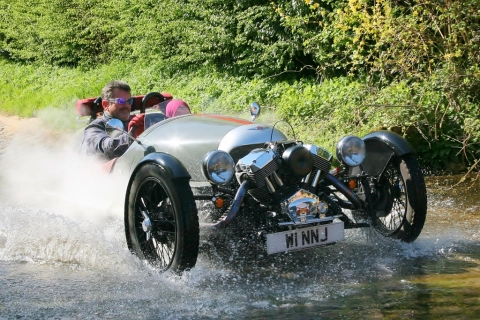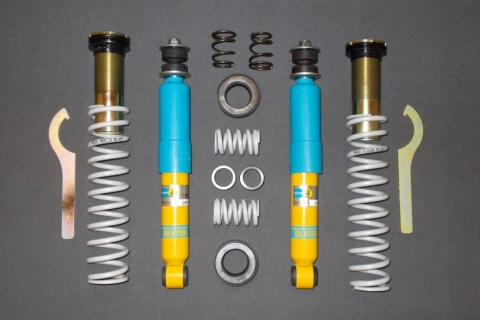E10 Petrol

From September 2021, standard unleaded petrol is marked as E10 and contains up to ten per cent ethanol in the blend.
Produced from crops such as sugar beet, bio-ethanol isn’t a fossil fuel and is renewable. The introduction is to assist in the UK reducing its emissions.
You may have noticed a slight drop off in performance and slightly increased fuel consumption when using E10 regular unleaded fuel compared to the old E5 (which contained up to 5 per cent ethanol).
Of more concern to the owners of older or classic cars is that these cars may not be not suitable to run on E10. The problems with the increased ethanol content is that it can cause corrosion to some metal components and can cause degradation of rubber hoses and seals.
All cars made from 2011 onwards are able to use E10 petrol without any problems, and in addition, many cars from 2000 onwards will be OK. The Goverment website offers a 'checker' for most mainstream cars - click on E10 Compatibility Checker
However, most of the makes and models of car we look after are not featured on the Government checker. For these, when considering the suitability of E10 fuel, one has to look at the compatibility of the fuel with both the engine and the rest of the fuel system.
Here is some advice from Morgan and Lotus as to the compatibility of E10 petrol with different models:
Morgan
Engine compatibility
- BMW engines are E10 fuel compliant.
- Ford engines manufactured from 1992 are E10 compliant.
- Rover V8 engines manufactured from 1996 are E10 compliant.
- Four-cylinder Rover engines are not E10 compliant.
- Engines with carburettors are not E10 compliant.
Vehicle fuel system compatibility
- CX generation vehicles are E10 compliant.
- All metal fuel tanks and rigid fuel pipes, steel or aluminium, are E10 compliant.
- Rigid plastic fuel pipes used on BMW engine models are E10 compliant.
- Rubber fuel pipes, pre CX, are not E10 compliant and rubber fuel lines and seals should be monitored for deterioration. Morgan recommend changing rubber fuel lines to Viton or Viton lined rubber (or other similar ethanol tolerant materials).
Lotus
| Lotus Model | Production Year | E10 Compatible? |
|---|---|---|
| Elan | 1989 – 1994 | No |
| Esprit (4cyl. carburettor) | 1987 – 1989 | No |
| Esprit (4cyl. fuel injection) | 1987 – 1989 | Yes |
| Esprit (V8) | 1998 – 2004 | Yes |
| Elise (Rover) | 1996 – 2004 | No |
| 340R | 2000 | No |
| Exige (Rover) | 2001 – 2002, 2004 | No |
| Elise (Toyota) | 2004 onwards | Yes |
| Exige (Toyota) | 2004 onwards | Yes |
| Europa | 2004 onwards | No |
| Evora (Toyota) | 2009 onwards | Yes |
My car does not appear to be compatible what do I do?
Super unleaded petrol (i.e. 97+ octane petrol) continues to be available from garages from September 2021 and this is an E5 petrol. You can just fill up with that fuel - it may cost a few pence more per litre but the car may even run better than it did on ordinary unleaded.
Fuel additives, such as Castrol Valvemaster, have an ethanol stabiliser in them which will protect against corrosion, but it is not clear what level of protection these additives will give against the degradation of rubber hoses and seals.
So using a suitable fuel additive and E10 petrol and keeping an eye on rubber hoses and seals is a good starting point, but better still if using E10 petrol, is to use a fuel additive and change any rubber hoses to ones that won't be affected by ethanol.
To find out more about Castrol fuel additives, click on Castrol Valvemaster
And for a more comprehensive write up on fuels, the website for the Federation of British Historic Vehicle Clubs (FBHVC) has some good information - click on FBHVC
I have put E10 fuel in by accident into my car and it is not compatible, what do I do?
When you next fill up next, use E5. Damage is unlikely if only a tankful has been put in as it will mix with the existing fuel, but do let it become a habit or problems will occur.





